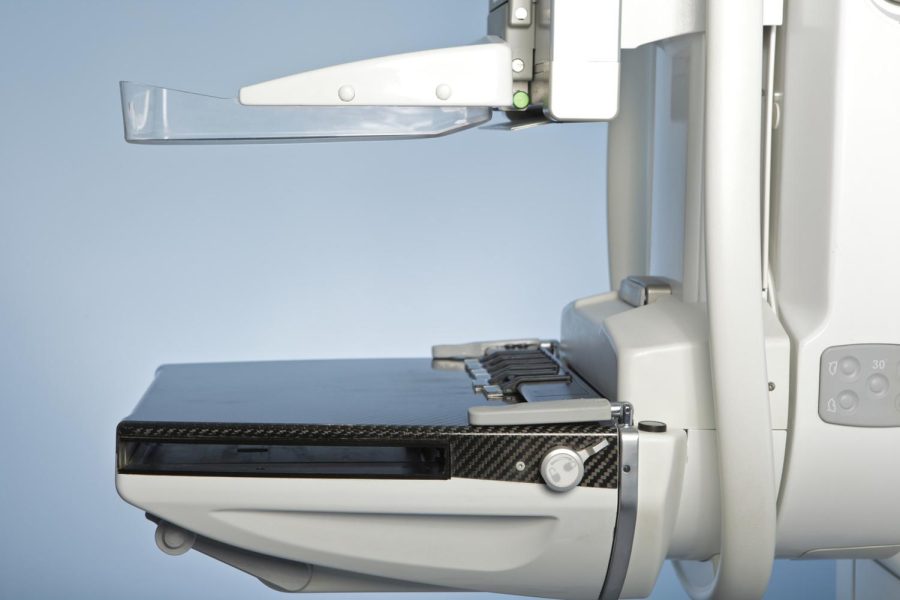Women’s Center holding mammogram screenings
Doctors in Manhattan say that mammograms can spot a key sign of heart disease in addition to helping spot breast cancer.
April 7, 2016
Kent State’s Women’s Center is holding mammogram screenings from April 5 – 8 in the DeWeese Health Center in order to raise awareness of the importance of early screenings, as well as an opportunity for a preventative check-up.
Started from a Health Education faculty member’s grant, the center has been holding the program for a number of years. This spring marked its continuation, available to qualified students, faculty and spouses.
“Early screening is so important, and often we just don’t make time for it,” said Cassandra Pegg-Kirby, the assistant director of the Women’s Center. “If it’s something that can be held in the workplace … it’s a lot easier than trying to schedule an appointment.”
For the past two years, the screenings have been held in the health center, but are now provided by Severance Digital Imaging’s Women’s Diagnostic Center.
“We’re very proud that we are able to come to the job sites and find the situations which are curable because they find it before (stage four)”, said Hattie Smith, a medical secretary for the Women’s Diagnostic Center.
224,147 women and 2,125 men in the United States were diagnosed with Breast Cancer in 2012, according to the Centers for Disease Control and Prevention.
“The highest risk factor for developing breast cancer is being female, and the second highest is increased age”, said Susan Yatsu, a mammographer at the University Hospitals Portage Imaging Center at Kent.
The age to begin regular mammogram screenings is a standard which varies by institution.
“Our guideline here at University Hospitals is yearly, starting at age forty”, Yatsu said. “Sometimes the conflicting guidelines in the media make it very confusing for the patient, and it’s always a good idea for the patient to discuss it with their doctor.”
The Women’s Center provides the service twice a year, once in the fall and again in the spring, allowing time for guidelines to be met.
“For a number of women, this is their yearly mammogram”, Pegg-Kirby said.
The program has expanded from three days in the previous years to four days this year.
“Based on how many people we had on our waitlist for the fall, we added an extra day, and we have filled all four days,” said Pegg- Kirby. “We’re constantly looking at how we can improve it and do it better.”
The statistics are sometimes frightening, but the preventative nature of screenings makes them a valuable tool.
“You should come to the doctor. It should be a preventative situation (to) make sure that you never have to go for anything but a checkup,” Smith said.
Cameron Gorman is a general assignment reporter for The Kent Stater. Contact her a [email protected].

























